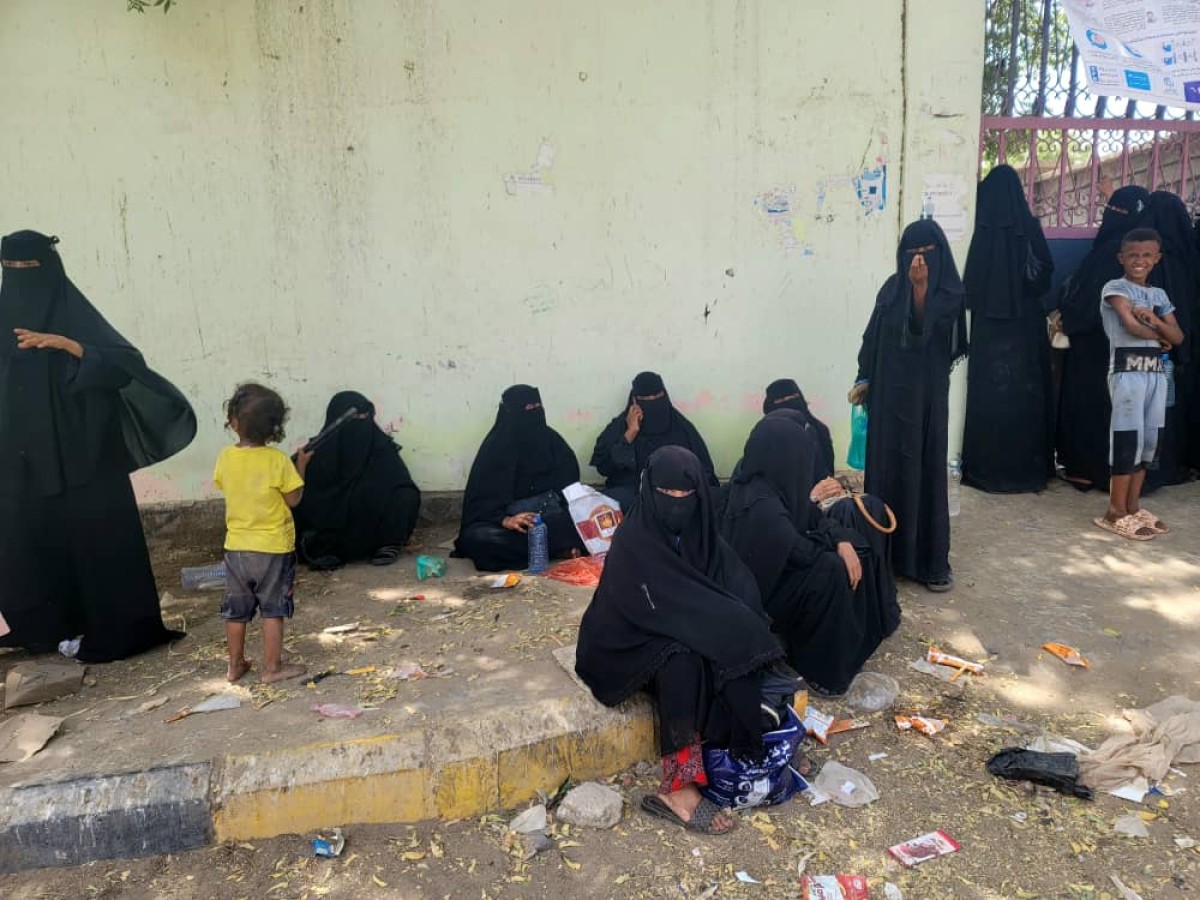Sudden deprivation of cash aid in Lahj..!


Hundreds of poor families in the city of Al-Houta in Lahj Governorate are suffering from a great shock after their names were dropped from the fingerprint-based cash transfer system, depriving them of the financial assistance that was a lifeline for them. These families, who were relying heavily on cash remittances to cope with difficult living conditions, now find themselves facing severe economic challenges without any support.
The cash transfer program, conducted through the fingerprint system, was a means of providing a small but important income to families with limited or no income. However, many beneficiaries were surprised that their names were dropped from the beneficiary lists, without any clear explanation being provided by the concerned authorities. For many of these families, these remittances were the only way to provide for their basic needs of food, medicine, and pay for their children’s education.
The suffering of these families is compounded by the continuing rise in the prices of food and basic commodities, in addition to the deterioration of the economic situation in the country in general. Without any alternative source of income, these families risk sliding further into extreme poverty. Families who used to rely on these remittances on a monthly basis now find themselves facing an unknown future, wondering how to provide a living for their children in the coming days.
Many of those affected expressed their feelings of disappointment and despair over this unjustified decision, noting that their names were dropped suddenly and without giving them the opportunity to inquire about the reasons. In the absence of any clear guidance from local authorities on reconsidering these decisions or finding alternatives to support those affected, fears of a worsening crisis are increasing.
In this context, these citizens appeal to the responsible authorities and humanitarian organizations for the need to intervene to review the lists of beneficiaries, and to return financial assistance to those who mainly depend on it to cope with daily life. In light of the difficult living conditions that the country is going through, these remittances are a lifeline for many poor families who do not have any other resources.